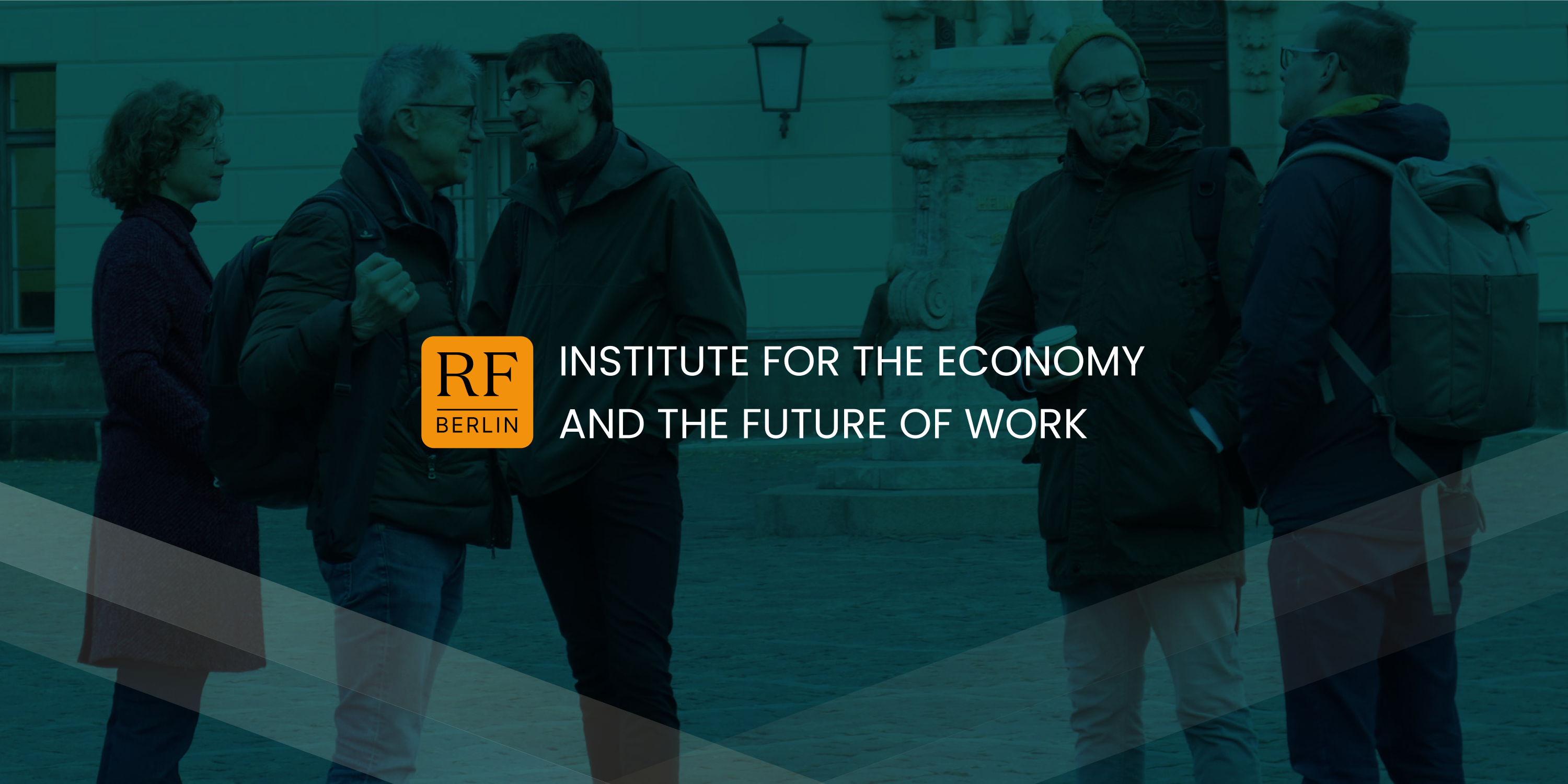Alexandra Spitz-Oener, Deputy Director of RFBerlin, Professor of Economics at Humboldt-Universität zu Berlin, and a research associate at the Institute for Employment Research (IAB) in Nuremberg, talks about her research on how machines and workers interact in the workplace from a long term perspective. From introduction of computers in the late 1970s and the 1980s, robots in the 1990s, to artificial intelligence in more recent time, what implications technology adoption have on the nature of work: disappearing jobs and/or arrival of new jobs, changing quality of jobs and task contents over time? Alexandra’s research aims to answer questions of this type and address (lack of evidence-based) concerns over displacement of workers. Join us on this episode to learn more about the data employed, the upside and downside of technological changes, as well as challenges faced by firms in order to fully reap the benefits of machines and technologies.
Our series will then go on with interviews of our Project Leaders, who briefly talk about their own research and the projects they are currently working on at RFBerlin. Join us as we explore a diverse range of topics, including employment trends, wage dynamics, labor market inequalities, technological advances, migration, the gig economy, skills development, and the future of work.
